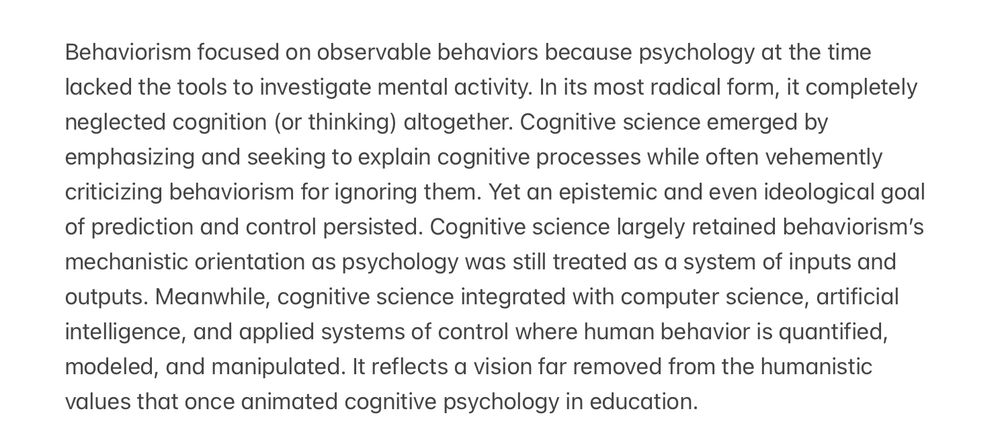
K¸Ø¥en÷¿ne¼thB.
@whateverscience.bsky.social
10 followers
14 following
910 posts
Typical male who thinks he’s smarter than he actually is. Likes snacks and planet Earth very much & 1, 6, 30, 138, 606, 2610, 11070, 46386 ...
https://www.threads.net/@elizabethichadok?igshid=NTc4MTIwNjQ2YQ==
Posts
Media
Videos
Starter Packs







